July 6, 2017
Twenty-first century construction is increasingly environmentally friendly 0
 One thing is clear — within the next 20 years, we will reach our peak capacity in terms of oil consumption as a planet. Although, as demand for oil appears to increase year upon year, the global production of oil appears to decrease. As a result of this growing problem, the construction industry still derives most of its energy sources from oil-based fuels. Throughout the Western world, it is evident that the construction sector is heavily reliant upon crude oils. The reason for this is that without them, the construction process would not be able to function in its current form. This is however, having a detrimental impact on greenhouse gas emissions. Within the UK, 50 percent of carbon emissions are accounted for by the construction industry and machinery within the production process.
One thing is clear — within the next 20 years, we will reach our peak capacity in terms of oil consumption as a planet. Although, as demand for oil appears to increase year upon year, the global production of oil appears to decrease. As a result of this growing problem, the construction industry still derives most of its energy sources from oil-based fuels. Throughout the Western world, it is evident that the construction sector is heavily reliant upon crude oils. The reason for this is that without them, the construction process would not be able to function in its current form. This is however, having a detrimental impact on greenhouse gas emissions. Within the UK, 50 percent of carbon emissions are accounted for by the construction industry and machinery within the production process.












 A new survey claims that UK workers waste on average five days of annual leave each year with one in six having more than a full working week of holiday leftover in 2016. The new study, commissioned by Airtours, has found that 40 percent of workers did not use up their full holiday allowances, and those who did spent less than half of their time off relaxing. Of the reasons given for not taking their allocated leave, 25 percent of people asked said they didn’t need to take it or even want to, 36 percent had too much on at work to take time off, and 26 percent weren’t allowed to take holiday as it meant being off at the same time as colleagues. When people did take a break last year, the research suggests that most of the time people weren’t using their holiday how they should have been by recharging their batteries. On average people spent seven holiday days at home and 56 percent admitted to doing boring chores instead of getting out and enjoying themselves. A further 32 percent used their holiday to go to medical appointments and 17 percent used it to deal with those unexpected family emergencies, like illness or injury or taking the dog to the vet.
A new survey claims that UK workers waste on average five days of annual leave each year with one in six having more than a full working week of holiday leftover in 2016. The new study, commissioned by Airtours, has found that 40 percent of workers did not use up their full holiday allowances, and those who did spent less than half of their time off relaxing. Of the reasons given for not taking their allocated leave, 25 percent of people asked said they didn’t need to take it or even want to, 36 percent had too much on at work to take time off, and 26 percent weren’t allowed to take holiday as it meant being off at the same time as colleagues. When people did take a break last year, the research suggests that most of the time people weren’t using their holiday how they should have been by recharging their batteries. On average people spent seven holiday days at home and 56 percent admitted to doing boring chores instead of getting out and enjoying themselves. A further 32 percent used their holiday to go to medical appointments and 17 percent used it to deal with those unexpected family emergencies, like illness or injury or taking the dog to the vet. 





 Most FMs would tell you that the state of the workplace toilets is often one of the main determinants by occupants on how well the facilities department is doing its job. So it’s disturbing to learn that according to a new survey a significant number of employees have cause to complain about the state of their workplace toilet facilities. The research, carried out by the Association of Plumbing & Heating Contractors claims that 16.5 percent of people are unhappy at work due to the condition of their employer’s toilets which is having a negative impact on their levels of engagement. Their research found 43.8 percent of the people surveyed felt their workplace toilets needed to be better maintained. And when asked if their workplace toilets require updating or refurbishing, 44.4 percent said they did. London seemingly has the worst workplace toilets with 50.9 percent of workers surveyed believing they need to be better maintained and require refurbishing.
Most FMs would tell you that the state of the workplace toilets is often one of the main determinants by occupants on how well the facilities department is doing its job. So it’s disturbing to learn that according to a new survey a significant number of employees have cause to complain about the state of their workplace toilet facilities. The research, carried out by the Association of Plumbing & Heating Contractors claims that 16.5 percent of people are unhappy at work due to the condition of their employer’s toilets which is having a negative impact on their levels of engagement. Their research found 43.8 percent of the people surveyed felt their workplace toilets needed to be better maintained. And when asked if their workplace toilets require updating or refurbishing, 44.4 percent said they did. London seemingly has the worst workplace toilets with 50.9 percent of workers surveyed believing they need to be better maintained and require refurbishing.

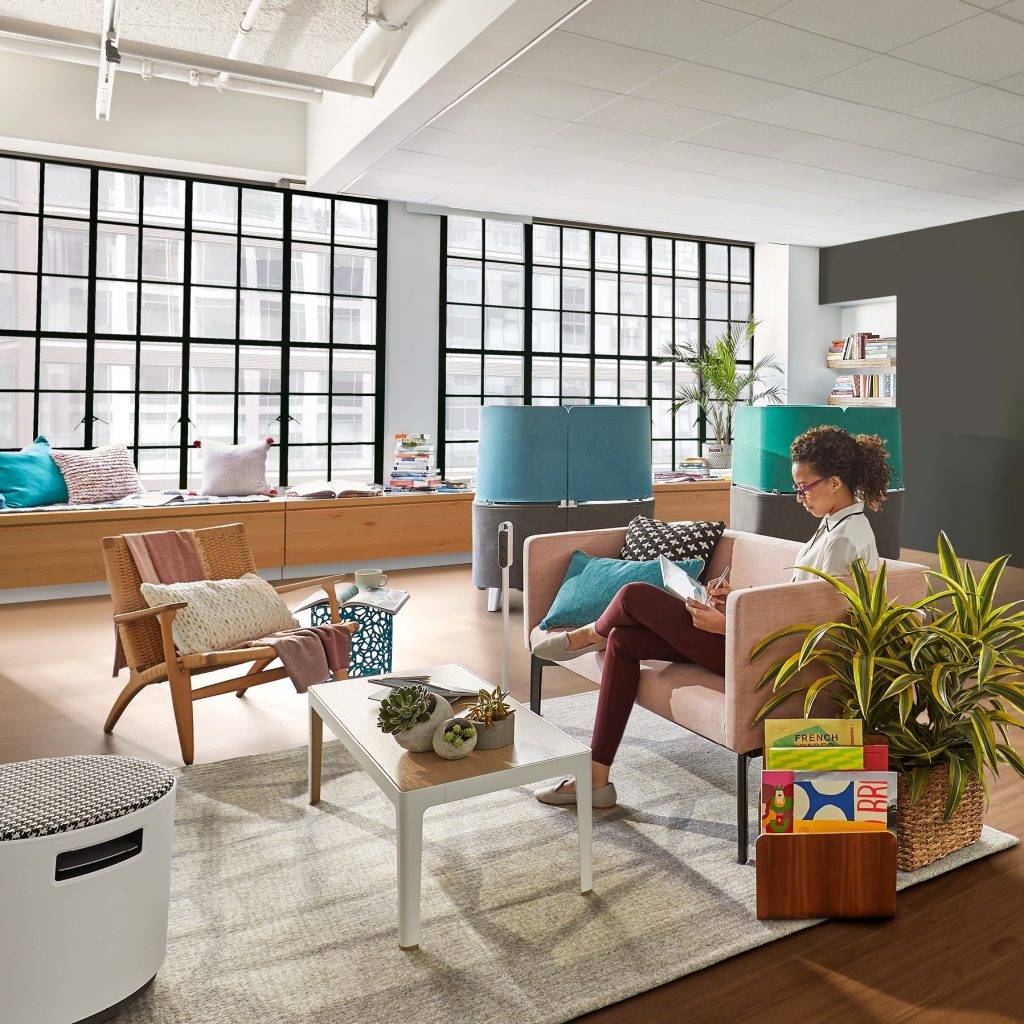
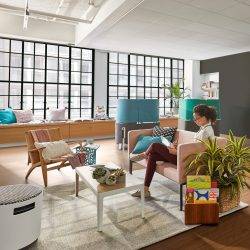
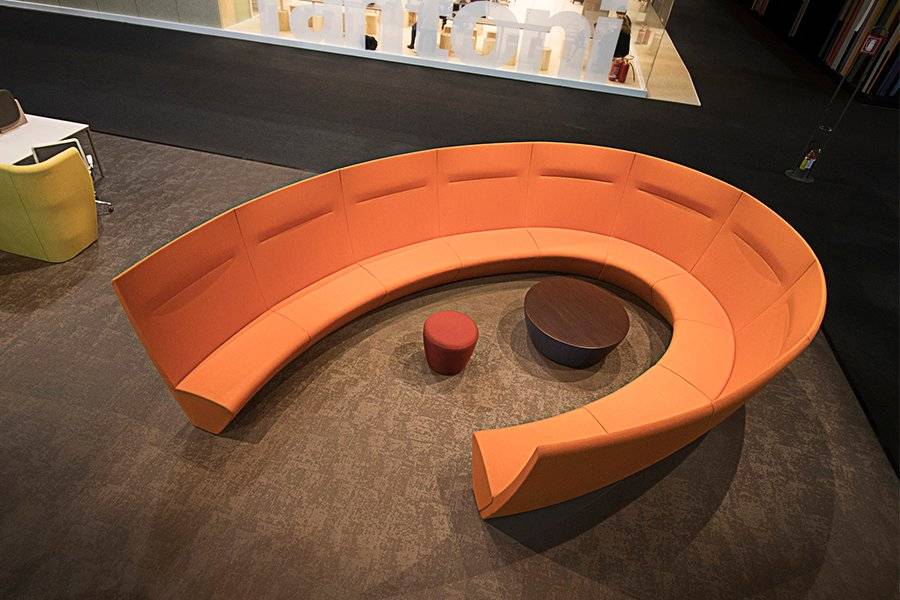



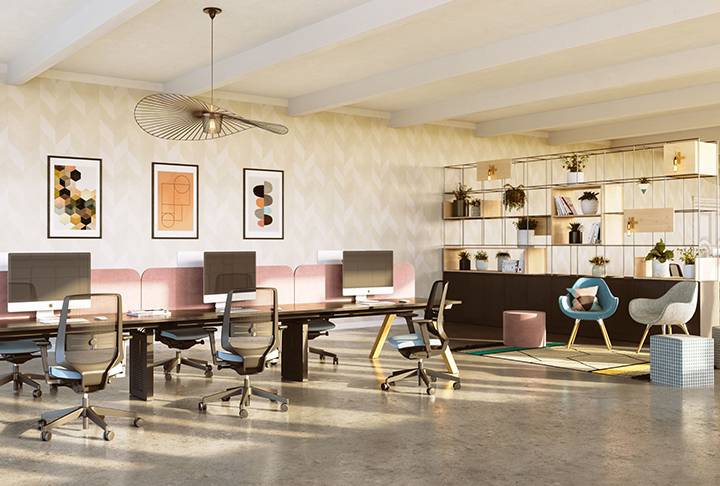
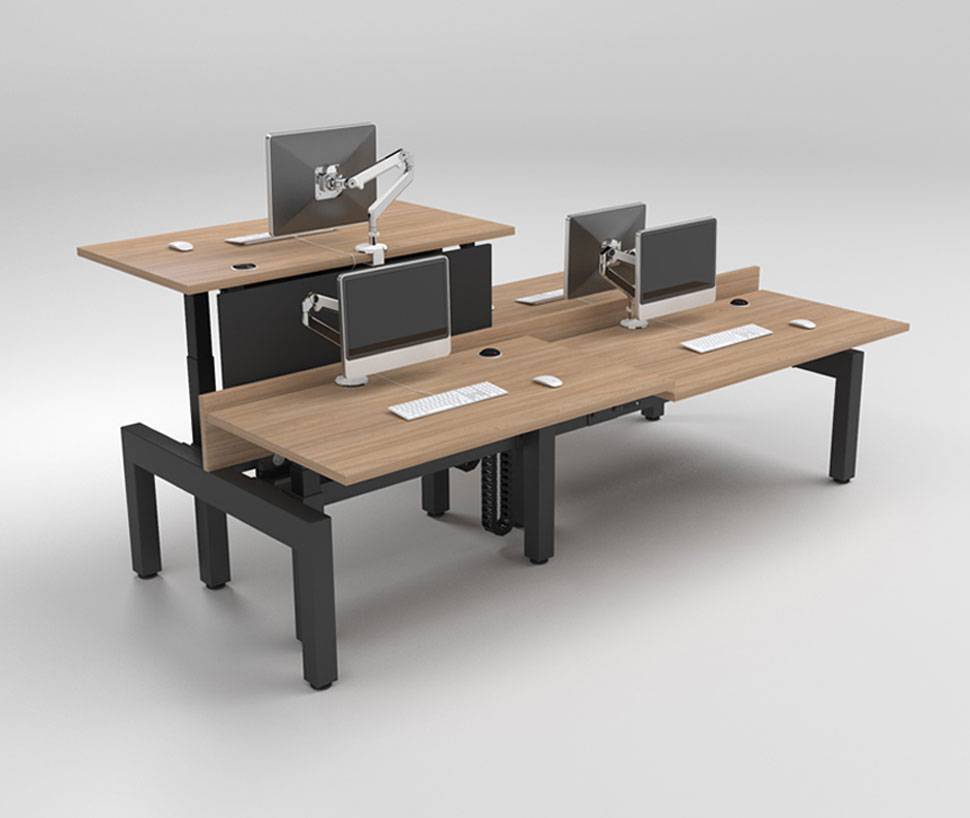





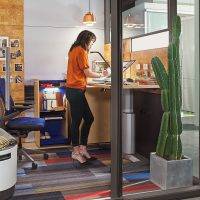

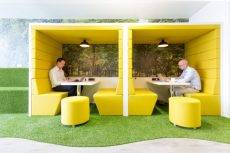











June 14, 2017
Workplace wellbeing is now embedded in the very bricks and mortar of the building 0
by Sion Davies • Comment, Wellbeing, Workplace design
(more…)